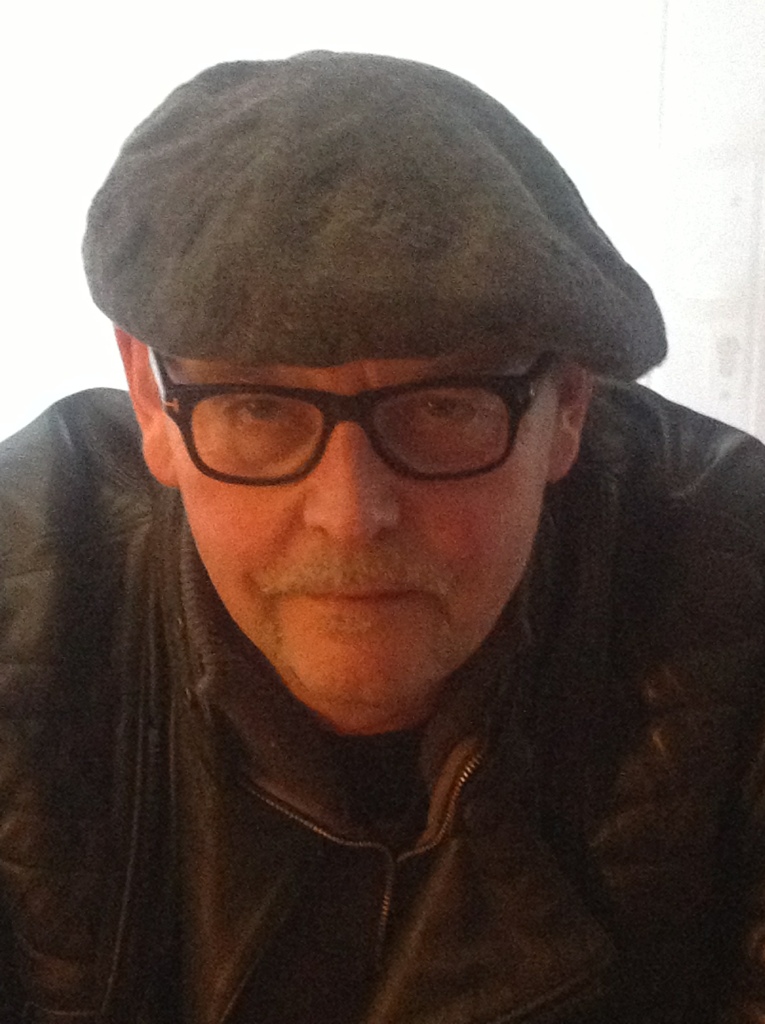Viggo Mortensen writes, directs, produces, stars in and composes the music for this elegiac and endearingly old fashioned western. And, all things considered, I thought he did a pretty good job (or should that be jobs?) The score in particular was beautifully modulated; often featuring piano and cello in haunting unison. He sets the bulk of his story in Nevada in the 1860s although it was shot in Mexico with a largely Hispanic crew. As you might expect the scenery was a key component here – with sweeping vistas, spectacular rock formations and stunning waterfalls for our hero to wander through on his beautiful chestnut mare. Viggo plays Olson a Danish emigre with a history of soldiering who has been appointed Sheriff of an otherwise lawless frontier town. In the opening 10 minutes there’s a moving deathbed scene, 6 murders and 2 lynchings. And you might be forgiven for thinking the ghost of Sam Peckinpah was at work, but you couldn’t be further from the truth; because this isn’t an action film, but a slowly unfolding character piece. It also plays with time in quite adventurous ways, requiring some effort to keep on top of the way that the pasts and futures of Olson and Vivienne crystallise. Vivienne (Vicky Krieps) is a fiercely independent French Canadian. Scenes of her childhood are shot on location in Ontario, where we see her introduced to the idea of female empowerment by her mother, who reads bedtime stories about Joan of Arc. Fleeting images of a chivalric knight haunt her dreams. Things change after her father sets off to fight the British, never to return, but quite how her adult self ends up in Nevada is not explained. Here she gets a job serving drinks in the saloon following a somewhat ominous intervention from Weston Jeffries (Solly McLoud). He’s the cruel, headstrong son of Alfred (Garret Billahunt) the town’s chilling Mr Big. Helpfully both father and son dress in black and sport black hats. (I told you it was old fashioned) But Vivienne supplements her income selling flowers which is where she meets Olson and after a brief flirtation the pair fall in love and set about renovating a ramshackle farmhouse in the middle of nowhere. It should be the beginning of a quiet life of domesticity and barn building and for an all too brief interlude horrors are held at arms length. Krieps and Mortensen are equally good; capable of conveying complex emotions with very little dialogue. They make an engaging and attractive couple despite the almost 30 year disparity in age. (I keep telling you it’s old fashioned) But shadows are looming. The Civil War is raging elsewhere and when a recruiting sergeant turns up, Olson enlists in the Union Army citing a duty to eradicate slavery as his noble motive. Vivienne is upset but confident in her ability to make a go of things on her own whilst hoping for his safe return. But she hasn’t factored in the ignoble intentions of Weston and their fateful consequences. And whilst Mortensen is slowly revealing his story, he is also providing us with glimpses of the old west which will ultimately evolve into the US of today. There’s the strong evangelical tradition underpinning all organs of power. There’s the contemptuous disregard of native peoples by a crooked bureaucracy. There’s admiration for the toil involved in taming the wilderness. There’s an acceptance that might is right, especially when it is delivered from the barrel of a gun. And perhaps most tellingly the beginnings of the bitter aftershocks of the Civil War itself. People inevitably suffer from the strictures of harsh conditions and the ravages of disease or privation. But there is a more corrosive hurt inflicted by powerful men on others which goes straight to the dangers of Trump and his MAGA acolytes. In a scene towards the end Olson attempts to console his young son who is visibly distressed at the death of a bird. “The dead don’t hurt anymore” he says and it’s a decidedly luke warm comfort especially for loved ones left behind..
Rating 16/20
Viewed 7/6/2024
Screen 3 (C6)
